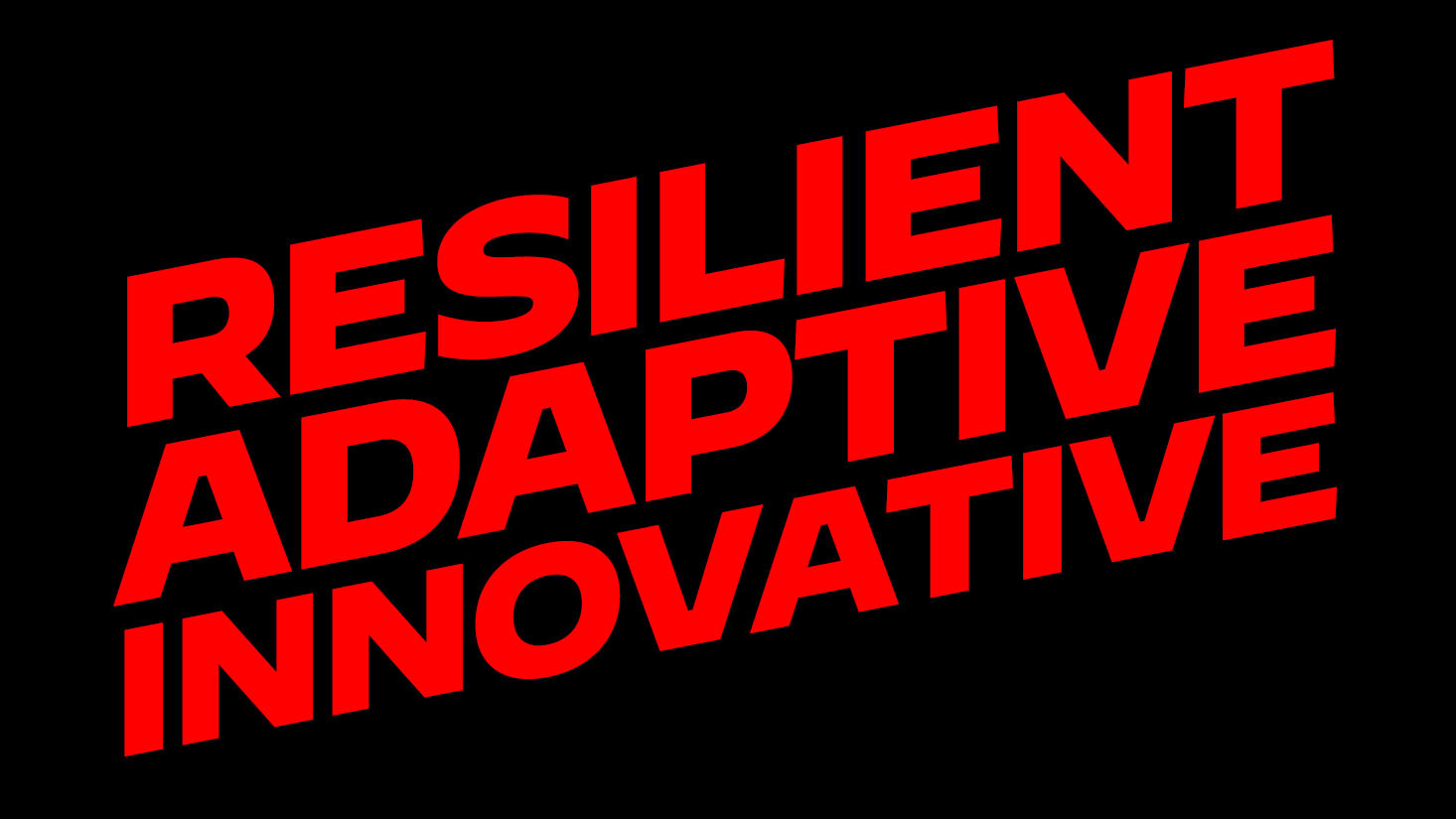AUSFILM LAUNCHES ISSUE #8 OF ITS ANNUAL PUBLICATION SHOWCASING THE WAYS IN WHICH AUSTRALIA’S SCREEN INDUSTRY QUICKLY REACTED AND ADAPTED TO THE SHUT DOWN OF PRODUCTIONS DUE TO COVID-19.
WHAT’S IN ISSUE #8?
MAKE IT IN AUSTRALIA: SHOW ME THE MONEY!
On behalf of the Australian Government, Ausfilm markets Australia’s Screen Production Incentive Scheme, as well as Australia’s state, territory and local government tax incentives and grants. In this feature we provide readers with a comprehensive overview of all of Australia’s national and state screen production tax incentives available for eligible productions.
INNOVATIVE, ADAPTIVE, RESILIENT
Ausfilm’s writer Pip Bulbeck talked to the international filmmakers who filmed in Australia during the global pandemic, and won.
AUSFILM’S 60 SECONDS WITH…
We talk to industry heavyweights and all round great people:
- David Grant and Charles Newirth, Shang-Chi and the Legend of the Ten Rings
- Lucas Foster & Sean Warner, Children of the Corn
- E. Bennett Walsh, Mortal Kombat
CAMERAS KEEP ROLLING IN AUSTRALIA
Screen Australia recalls how Australia’s screen industry was able to keep running and safely get productions back up and running.
TOGETHER WE STAND
Alt.vfx formed a working alliance with Australia’s leading creative design firm, New Holland Creative to bring their combined skills to film and TV.
MAGIC ARRIVES IN SYDNEY
Industrial, Light & Magic continues its expansion in the coastal metropolis with a custom built StageCraft virtual production platform.
YOUR PARTNERS IN STORYTELLING
Head of Studio for MR. X Adelaide Alexandra Daunt Wanted speaks with her team about the challenges brought on by COVID-19 and the company’s merger in early 2020.
THE FUTURE’S BRIGHT FOR RISING SUN PICTURES
During 2020, RSP had risen to the occasion and posted another strong year, producing stunning visuals for several prestigious projects, including Disney’s Jungle Cruise, Marvel Studios’ Black Widow and Amazon Studios’ hit series The Boys season 2.
DON’T MISS A BEAT ON YOUR TRAVEL MANAGEMENT
Stage and Screen is one of Australia’s leading entertainment travel management companies with access to multiple platforms to source the best, most suitable options for your travel.
WORK WITH THE BEST
The production directory features all Ausfilm members: the best production service companies in Australia!
Find out more information about these companies here: Work With the Best.
We hope you enjoy this year’s issue,
The Ausfilm team.
If you would like a hardcopy of the magazine, please email: [email protected]
